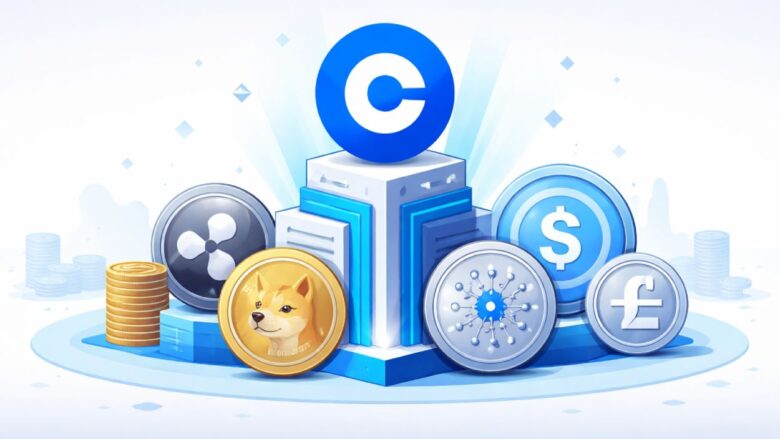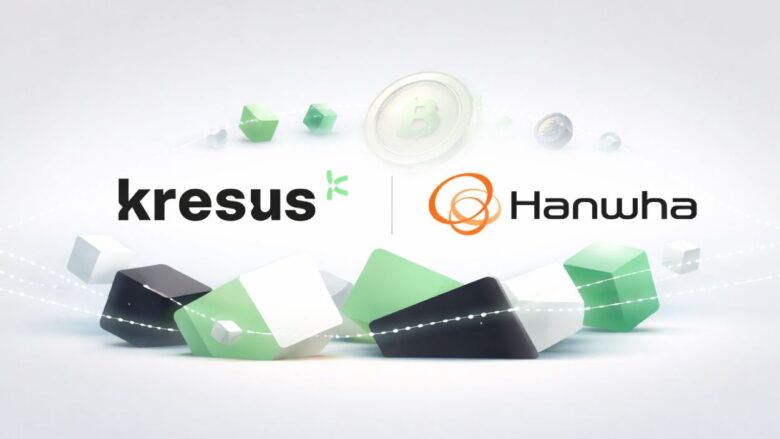1inch has launched Aqua, a new liquidity protocol designed to let DeFi wallets support multiple strategies at once while maintaining full self-custody of user funds.
Key Takeaways
- Aqua allows shared liquidity, enabling multiple DeFi strategies to operate using the same wallet balance without locking assets.
- Users retain self-custody of funds, which remain in their wallets until a trade is executed.
- The protocol removes the need for deposits, pools, and manual liquidity management at the application level.
- Developers get early access to Aqua’s SDK, libraries, and documentation, along with up to $100,000 in bounties for contributions.
What Happened?
1inch announced the launch of Aqua, a next-generation liquidity layer that aims to end capital fragmentation in decentralized finance. The protocol was introduced during Devconnect in Argentina, giving developers immediate access to Aqua’s SDK and tools for experimentation. While the frontend is expected to launch in early 2026, the backend is already available for developers to build on.
Forget TVL. It’s time for Total Value Unlocked.
— 1inch (@1inch) November 17, 2025
1inch Aqua is the new liquidity protocol to change the face of DeFi.
Share assets across multiple strategies, without locking.
Deeper liquidity. Unlimited capital efficiency. Funds stay in your wallet.
Get developer access now… pic.twitter.com/0EkJIhDNX1
Shared Liquidity: A New DeFi Standard
Aqua introduces a shared liquidity model that challenges the traditional structure of decentralized finance. Historically, users have been forced to commit funds to a single pool or strategy, creating fragmented liquidity and inefficient capital use. Aqua eliminates this by enabling multiple DeFi strategies to access the same pool of capital without requiring the user to move or lock their funds.
Each wallet now acts as a self-custodial AMM (Automated Market Maker). Strategies can draw from and return liquidity to the wallet atomically and conditionally, depending on predefined rules and access limits. This structure allows a single set of assets to support multiple yield strategies at once.
Developer Tools and Incentives
To promote early adoption, 1inch has released Aqua’s development suite, including:
- Aqua SDK, libraries, and full documentation.
- Open-source access via GitHub.
- Integration tools for partner protocols like SwapVM.
Developers can build strategies from scratch or integrate existing ones using Aqua’s modular framework. There’s also an active bounty program offering up to $100,000 for contributions and bug reports, encouraging both experimentation and improvement of the protocol.
How It Works in Practice?
Users can authorize Aqua to interact with specific strategies through granular permissions. These permissions include which protocols can access funds, under what conditions, and with defined capital limits. Unlike traditional systems, funds remain in the user’s wallet until a trade or strategy interaction takes place.
This architecture allows:
- Liquidity to power AMMs, stable swap pools, or custom strategies simultaneously.
- Dynamic reallocation without withdrawing from locked pools.
- Easier exit and rebalancing of positions.
Each strategy is assigned internal capital caps tracked by Aqua’s accounting layer, ensuring they operate independently but without duplicating funds.
Capital Efficiency and Ecosystem Impact
Aqua is designed not just for capital efficiency, but for utility efficiency as well. With it, a single capital base can now:
- Provide liquidity.
- Serve as governance voting power.
- Act as lending collateral.
All this happens without ever removing the funds from the user’s control. This model opens the door to more versatile and agile DeFi portfolios, reducing both the opportunity cost and the complexity of managing liquidity.
Co-founder Anton Bukov summarized the protocol’s goal:
Co-founder Sergej Kunz added:
CoinLaw’s Takeaway
In my experience, liquidity fragmentation has always been a pain point for anyone working with DeFi protocols. The idea of pooling capital in one strategy while missing out on others felt like an unavoidable trade-off. But with Aqua, 1inch is flipping that script. I found the concept of shared, self-custodial liquidity both refreshing and long overdue. Developers and liquidity providers alike now have a chance to build without barriers. This is more than a protocol. It’s a platform that could reshape the next phase of DeFi evolution.


































































